Global diplomacy in 2018 was a very shaky business
From the violent murder of Jamal Khashoggi to the splintering of the Iran nuclear deal, international relationships feel distinctly unsettled, as Kim Sengupta explains

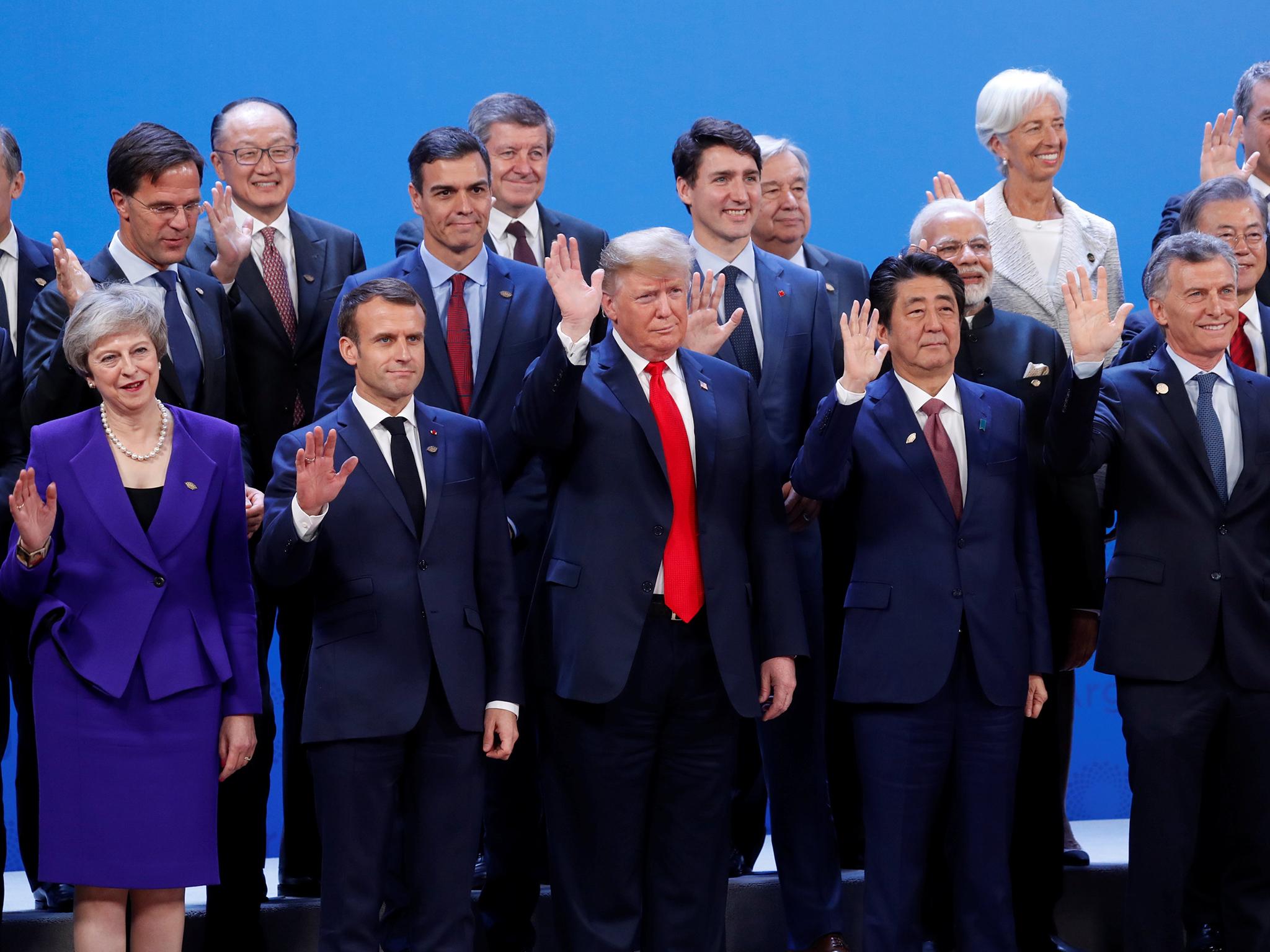
The G20 summit in Buenos Aires provided a finale to a year in which “strongman” heads of state dominated international relations to a remarkable degree. Some of them stand accused of being involved in shocking acts that have garnered widespread publicity and had major global ramifications. Two prominent leaders at the gathering in Argentina have been implicated in killings. Not mass taking of lives in wars, but deaths of individual people.
Vladimir Putin was accused of ordering the assassination attempt on former MI6 agent Sergei Skripal in Salisbury, which led to the death not of Skripal (though he and his daughter were poisoned) but of another unfortunate resident of the city, Dawn Sturgess. Crown Prince Mohammad bin Salman, it is claimed, ordered the execution of the dissident journalist Jamal Khashoggi, who was murdered and dismembered at the Saudi consulate in Istanbul.
Both the Russian and Saudi governments, it should be noted, vehemently deny the allegations.
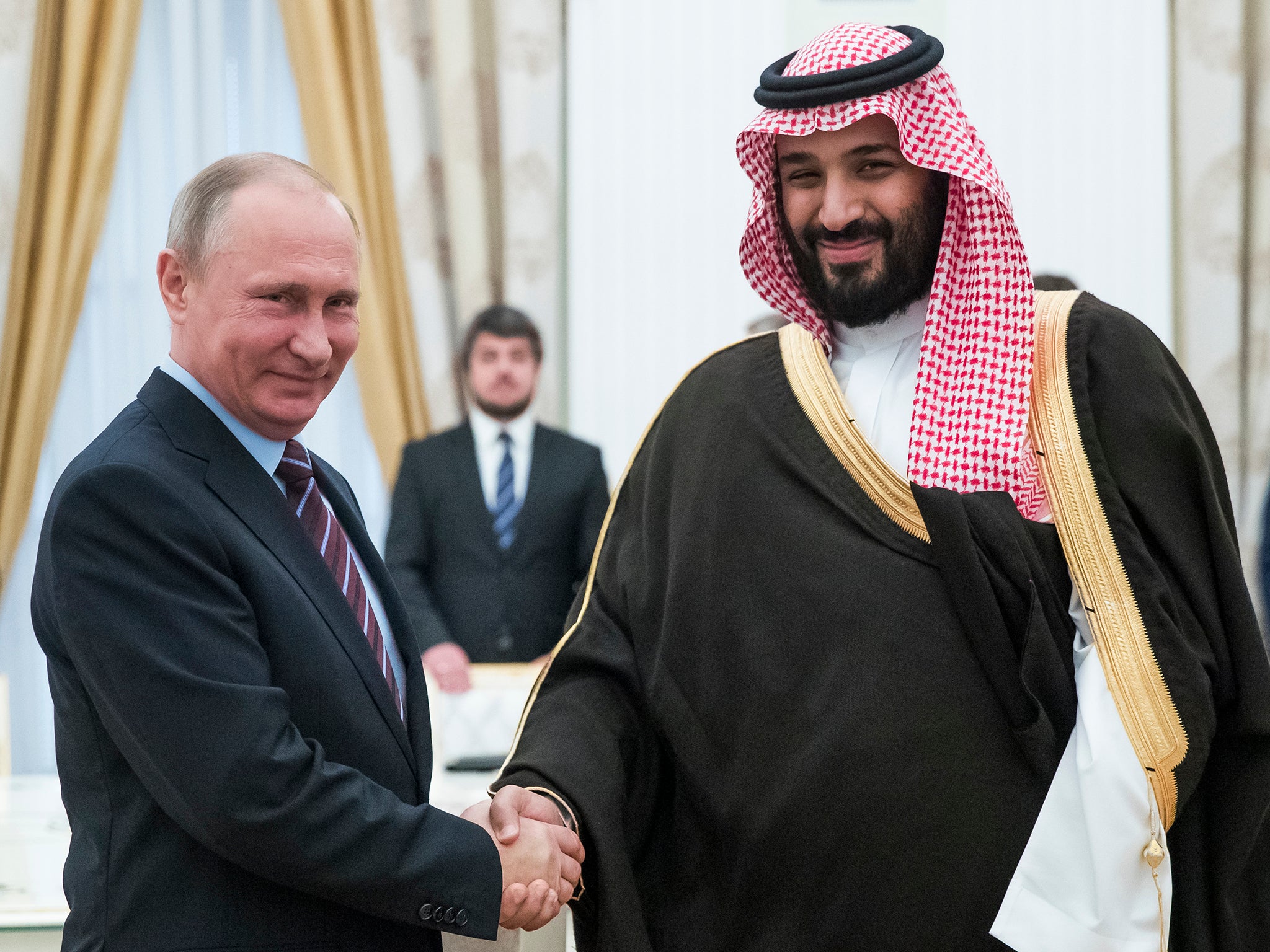
The leader who attracted the most attention at the summit, Donald Trump, is linked to both Putin and Prince Mohammad. The US president is under three investigations – most notably by special counsel Robert Mueller – into whether he was the Muscovian candidate for the White House. Having won the 2016 election, Trump’s first foreign trip in office was to Saudi Arabia, where he claimed to have sold vast quantities of US arms. There is a school of thought that the excesses of the crown prince in dealing with his opponents was partly due to confidence that American support would continue, whatever he does.
Senior US Senators, including those in Trump’s Republican Party, emerged from a briefing about the Khashoggi murder from CIA director Gina Haspel, saying they had been convinced of the culpability of Prince Mohammed, or MBS as he is known. The White House, however, insisted there is no conclusive evidence and has repeatedly pointed out the importance of Saudi Arabia as a trading client.
Nevertheless, the Senate subsequently voted to curb US support for the Saudi-led coalition in the Yemen war. And a coterie around Prince Mohammad, members of which allegedly plotted and carried out the murder, faces US sanctions.
The accused men have been removed from their posts and arrested by the Saudi government. In all likelihood, the crown prince will end up unscathed from the fallout. His supporters point out that despite the accusations, no public proof of his guilt has been presented by anyone.
Putin, whose version of a high-five with MBS at Buenos Aires went viral online, will also not be brought to account over his alleged link to the Novichok poisoning. The attempt to present two Russian military intelligence agents as innocent tourists in Salisbury ended in embarrassment and disparagement. However, while a dozen countries expelled Russians working under diplomatic credentials following the attack, further punitive actions from the international community are unlikely.

Trump faces a rockier future. Mueller has indicted 32 people in his inquiry so far, including Paul Manafort, the president’s former campaign manager; Michael Flynn, his former national security adviser; and Michael Cohen, his former personal lawyer and confidant. The special counsel has secured the cooperation of Flynn and, crucially, of Cohen, who is said to know where the skeletons are rattling away.
It remains to be seen whether Trump is impeached or indicted: neither would be easy for his opponents to achieve. But some bookmakers have begun to cut the odds on him finishing his first term. Lawrence Lyons, of BoyleSports, which moved to 21-10 from 9-2 on the president not to complete his first term, said: “You get the impression the Mueller investigation is getting too close for comfort. To say punters are confident Trump will survive to see the 2020 election would be an exaggeration at this stage, and the latest betting patterns have forced us to cut the odds on him leaving office over the next year.”
Even if he does survive Mueller, Trump faces a tough second half of his term after the midterm elections saw Democrats gain control of the House of Representatives by a large majority and take over the House committees. They promise rigorous examinations: of the Kremlin connection; Trump’s tax records and personal finances; and his business interests as well as those of his family.
Democrats in the House will also seek to challenge the president’s policies, at home and abroad. And the breaking of ranks by senior Republicans with the White House over the Khashoggi affair also indicates that the president is unlikely to get unwavering support from his own side in the future.
What happens inside the world’s only superpower has resonance abroad. The opposition shaking of Trump policy as well as the ongoing investigations in Washington will affect the presidency and have an impact on Trump’s attempts to shape a new world order.
The year also saw the US president alienate western allies with his continued criticism of Nato and the European Union. He has been engaged in confrontations with immediate neighbours, Mexico and Canada, and alarmed friendly states afar, such as Japan and South Korea, with his threats to pull out US troops from overseas bases, and by the imposition of trade tariffs.
The one person Trump, a serial abuser of all and sundry, has never ever criticised is Vladimir Putin. This has led to the inevitable question, “What exactly has the Russian president got on him?” Mueller may or may not provide the answer, but the situation remains that Trumps appears to be unwilling to confront Russia. Even his pledge not to meet Putin at G20, in a show of displeasure over the Russian seizure of Ukrainian ships in the Azov Sea, did not last long. Putin wanted a meeting and he got it.
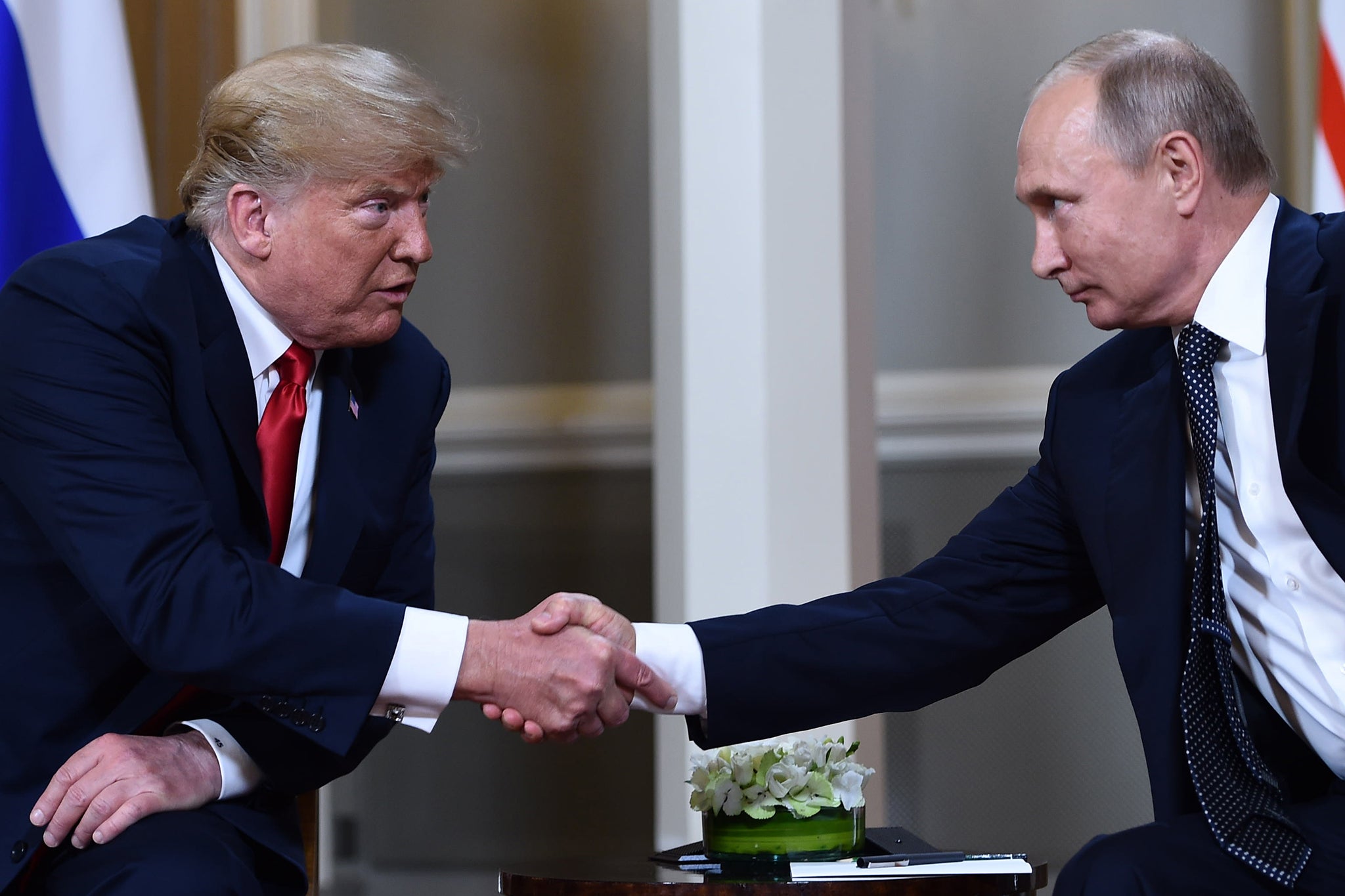
China, not Russia, is now seen by Trump as America’s main adversary. He is not the first US president to be concerned by Beijing’s activities. Barack Obama had announced a much publicised “Asia pivot” in American defence and foreign policy; but that was stymied by ongoing problems in the Middle East.
The fact remains that the Chinese have a spreading hegemony via both defence and commercial sectors, which has seen the “string of pearls” military ports being built throughout the Pacific and Indian Oceans, alongside the “belt and road” infrastructure programme, which it has promoted throughout Asia and Africa.
To its growing number of detractors, the real aim of the belt and road scheme is to spread Chinese control using commerce in tandem with the construction of the naval bases.
The covert motive, it is claimed, is to spread “debt-trap diplomacy” by providing finance and then extracting advantages when debtor countries begin defaulting on them. The most notorious example of this so far is Sri Lanka ceding a port, Hambantota, in return for the waiving of $1bn in loans. A number of states, including Malaysia, Nepal and Myanmar, have pulled out of Chinese financed programmes.
Washington has long been hostile towards the project, charging that Beijing is using it to hold nations in thrall. But Trump’s primary focus this year has been on the trade deficit between the US and China, which provided him with the justification to start a trade war.
Trump held a meeting with Chinese President Xi Jinping at Buenos Aires, which was declared by the White House to be a great success. But no one seems clear on exactly what was agreed, with the two countries issuing contradictory statements about key issues.
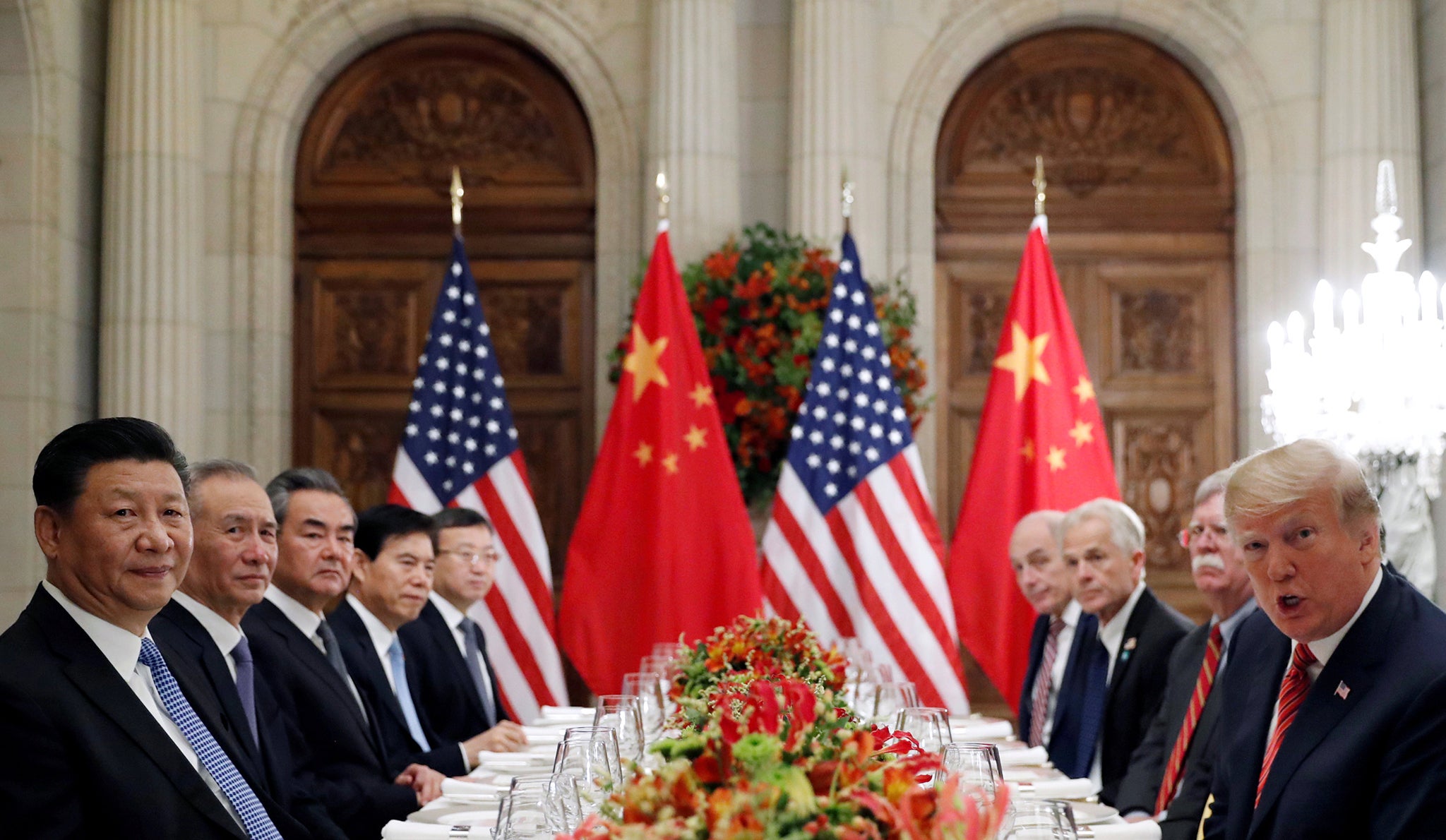
Larry Kudlow, Trump’s national economic adviser, described the dinner between the two leaders as “just an enormous, enormous event”, but when asked when Beijing would buy more American agricultural products and cars, as the White House had claimed, he acknowledged that there “is not necessarily a trade deal, but stuff they’ll be looking at”.
Treasury secretary Steven Mnuchin announced that China has agreed to “over £1.2 trillion trade commitments” but could not explain how he arrived at the figure. “The details of that still need to be negotiated,” he said. Trump then described himself as new superhero, “Tariff Man”, putting jitters through the markets: the Dow plunged 799 points.
On the strategic front, Washington has put together a “Quadrilateral Security Dialogue” alliance with Japan, Australia, and India, states also worried about Chinese expansion. The problem for Trump is that the Indian government of Narendra Modi, with the largest military of America’s partners in the venture, has shown itself to be extremely reluctant to become embroiled in military confrontations with Beijing abroad.
Trump had gone from threatening to totally destroy North Korea, and insulting its leader as ‘little rocket man’, to praising Kim
The US, Britain and Australia urged New Delhi to take action in the Maldives, as it had done on a previous occasion, after President Abdullah Yameen, a Beijing client, arrested judges and opposition figures. But the Modi government failed to act.
Yameen’s government has accrued a £1.3bn debt to China, more than a quarter of its GDP. He lost a subsequent election to the opposition, whose candidate had warned of being sucked into a “serious debt trap” by Beijing. But the new government is worried that Yameen, with his powerful ally, will engineer a situation in which he can regain power.
Many Maldivians worry they will see a political situation similar to one that happened in Sri Lanka. There, Prime Minister Mahinda Rajapaksa, another Beijing ally and under whom Hambantota was handed over to the Chinese, lost the job in an election. But the country’s president ousted the newcomer and reinstated Rajapaksa, sparking a constitutional crisis. To resolve the turmoil, Rajapaksa resigned earlier this month.
India, nonetheless, continues to be one of the world’s largest arms buyers and Israel is one of its largest trading partners for military equipment. It is a rapidly growing strategic relationship, with much made of a strong personal rapport between Modi and Israeli prime minister Benjamin Netanyahu. The hospitality extended to Modi on his visit to Israel last year was as lavish as the one offered to Trump when he went to Israel.
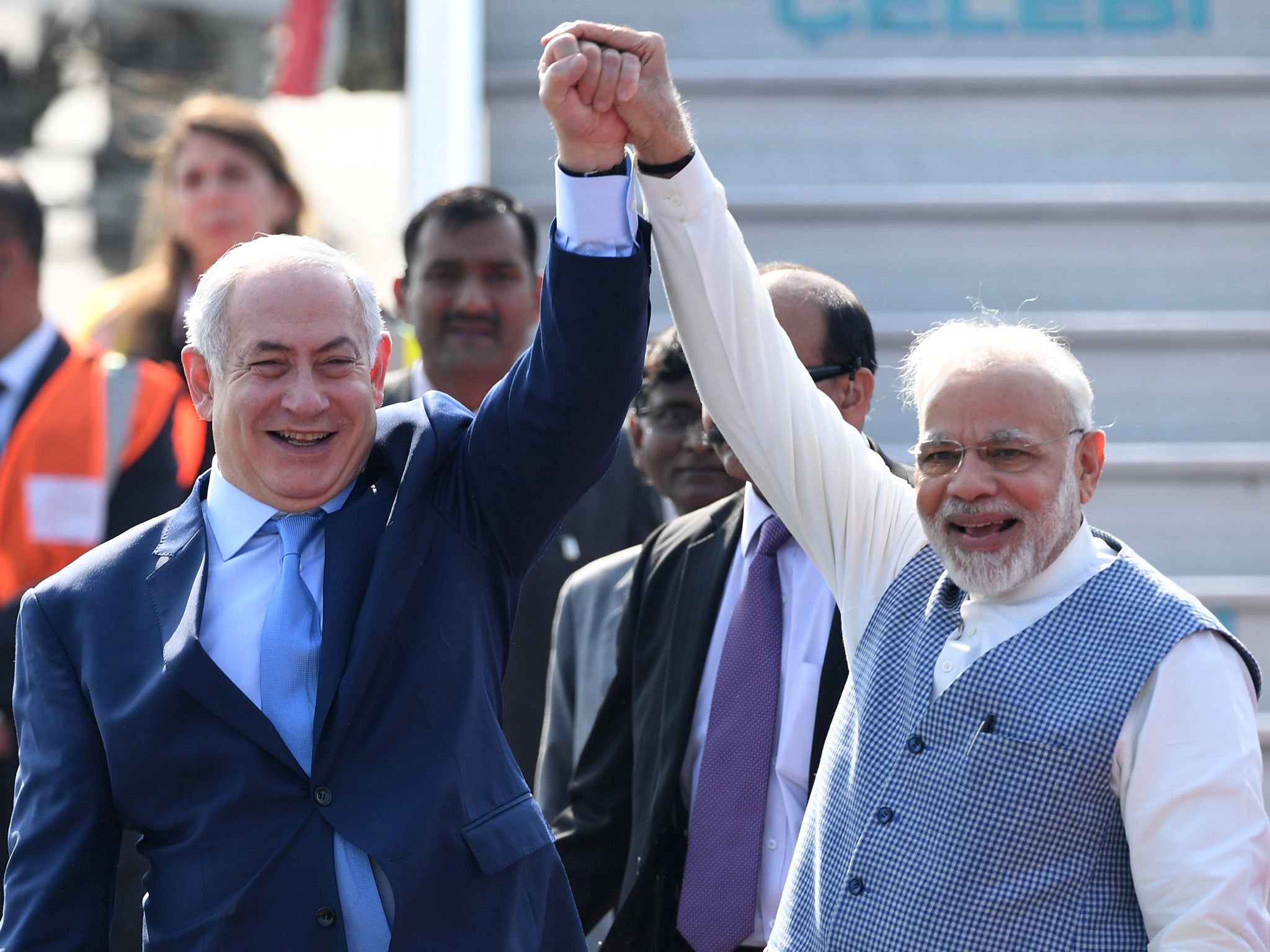
The Jewish state has been busy forging links in Asia, Africa and Latin America. Significantly, it is now increasingly open about its connections with Arab countries, something it has been discreet about in the past. Thus the visit by Netanyahu to meet Sultan Qaboos bin Said of Oman was announced publicly, and the Israeli prime minister said he intended to visit other Gulf states in the future, with Bahrain mooted as the next destination.
Israel has also made considerable progress in one of its major foreign policy aims – to sabotage the nuclear deal between international powers and Iran, a country the Netanyahu government sees as a key enemy. The other signatories to the agreement – Britain, France, Germany, Russia and China – as well as the UN and former senior members of Israeli intelligence and military, have repeatedly stressed it was working and that Tehran was living by its obligations.
But Donald Trump pulled the US out of the deal after lobbying from Israel’s government, Israel-supporting donors to his campaign and the promise of arms purchases by the Sunni Gulf states, which are in bitter confrontation with Shia Iran. Trump imposed new sanctions on Iran, making it unlikely that the nuclear agreement will survive.
The US also moved its embassy in Israel from Tel Aviv to Jerusalem, something the Israelis have been asking successive US administrations to do for years. Several other countries have indicated they may follow suit, say the Israelis.
The Israeli prime minister is thus one of the clear winners in the diplomatic year of personalities.
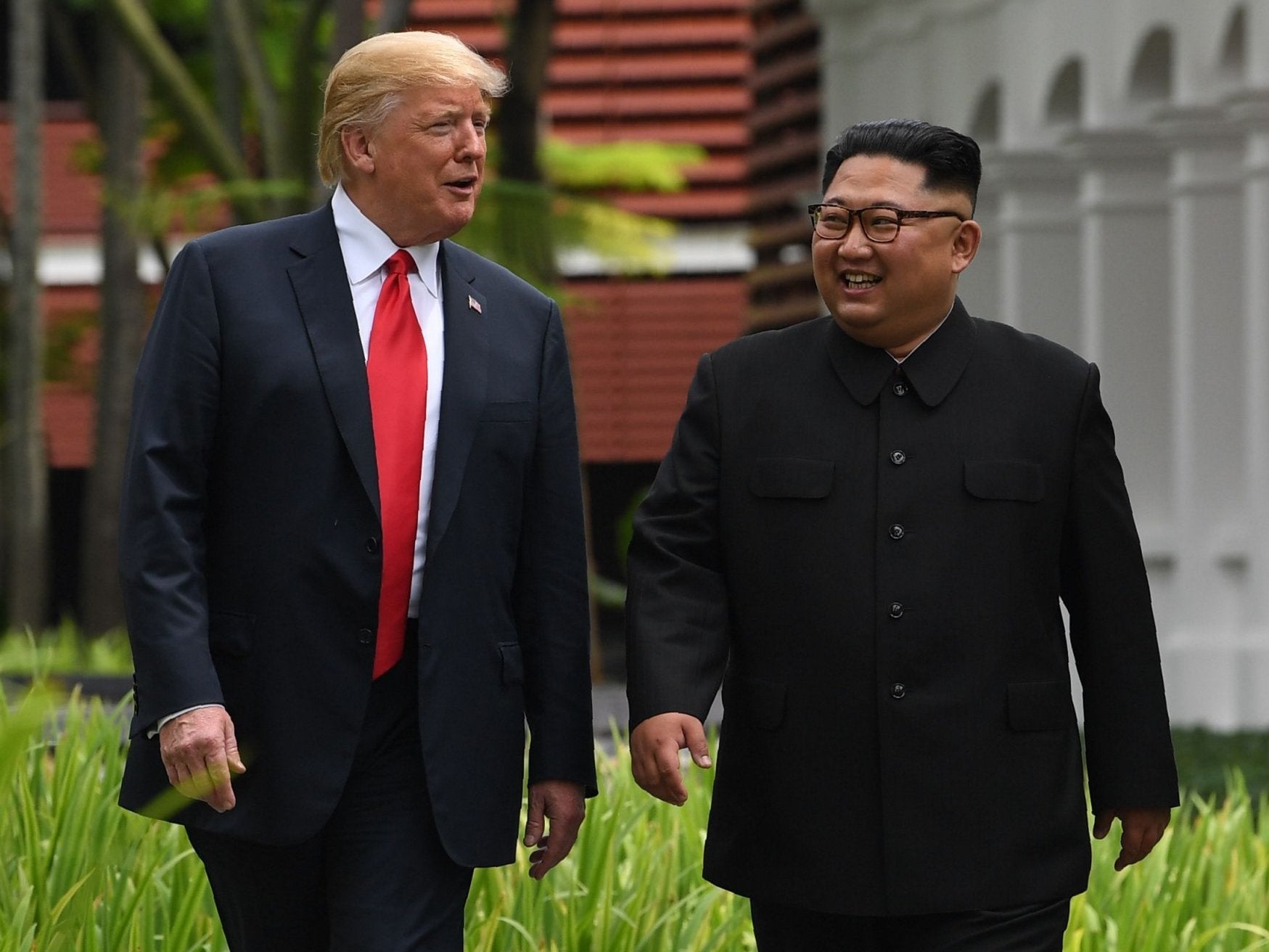
Another is Kim Jong-un. Trump had gone from threatening to totally destroy North Korea, and insulting its leader as “little rocket man”, to praising Kim for the “great steps” he had taken “towards peace and amity”.
This was achieved through North Korean adroitness in its diplomatic dealings with Trump; Kim Jong un having concluded that fulsome praise of the US president would ultimately be far more effective than trading insults.
The US president wanted to present his meeting with Kim Jong-un in Singapore (a face to face bilateral meeting without preconditions, something every previous US president had rejected on the basis it would suggest that Pyongyang’s sabre rattling had paid off), as a great diplomatic triumph, complaining it was “almost treasonous” that the media failed to accept his version of events.
In reality, North Korea has done nothing to dismantle its nuclear arsenal and has basically said it does not intend to. Nuclear testing has stopped for the time being, but Pyongyang has made it clear that is a temporary step. Some American citizens who were held in the country were freed and the remains of some US soldiers killed in the Korean War repatriated. In return, Kim Jong-un has achieved one of his primary aims, the halting of joint military exercises by the US and South Korea.
Earlier in December, it was revealed that North Korea has expanded a missile base capable of launching nuclear strikes on the US mainland. Photographs, commissioned by CNN, show continued activity at Yeongjeo-dong long-range missile base and the establishment of a new facility seven miles away.
Trump’s national security adviser, John Bolton, who was always sceptical of the value of the Singapore meeting, pointed out that the North Koreans “have not lived up to their commitments so far”. But there is no more talk of “fire and fury” from Trump: instead the US president will go for another meeting with Kim Jong-un.
The G20 summit was the beginning of a long farewell from the international stage for one great political personality of the west, and possibly the most powerful woman in the world, Angela Merkel. After 13 years as head of the German government and, effectively, the de-facto leader of the European Union, Merkel has announced this will be her last term as Chancellor.
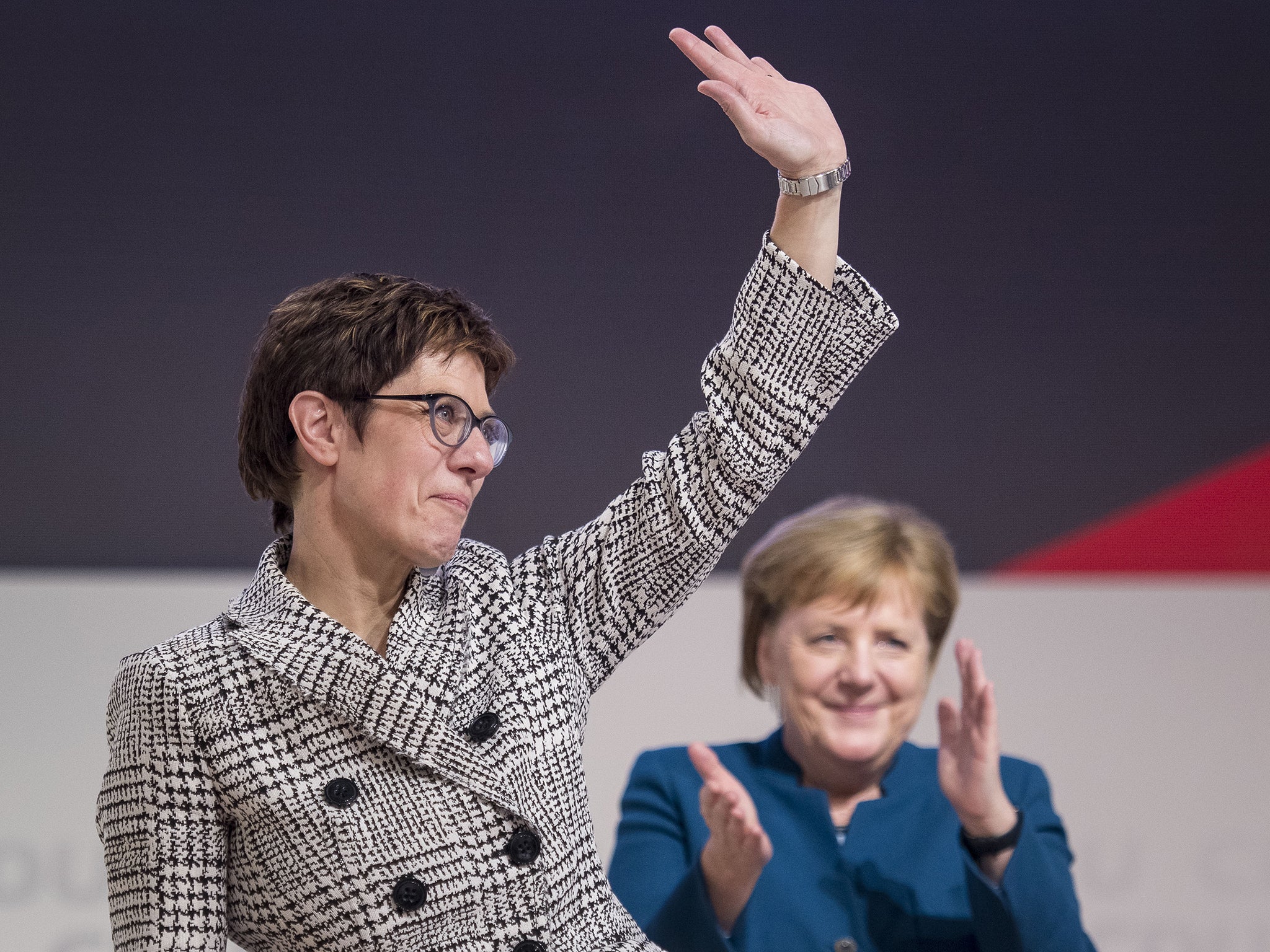
Her party, the Christian Democratic Union (CDU), has elected Annegret Kramp-Karrenbauer to succeed her. But the last set of regional elections saw voters shift in alarming numbers from the centrist parties such as the CDU towards either the left-wing Greens or the far-right Alternative for Germany (AfD).
Meanwhile, Emmanuel Macron of France, seen by many as Merkel’s successor as the leader of Europe, has found himself beset by grave problems with successive weekends of demonstrations that saw some of the worst riots since 1968.
The protests, which spread through the country, threaten to jeopardise Macron’s programme of major structural reforms and pose serious questions about his presidency. The violence has shown the depth of division and discontent in French society.

One particularly unpopular move has been tax cuts for the wealthy. The French government insist this will pay massive dividends in the long term by encouraging investment from abroad and attracting financial institutions from the City of London after Brexit.
On this side of the Channel, the topic of Brexit remains all-consuming. Theresa May was, arguably, the leader with the weakest domestic power base at the G20 summit. Beset by internal political turmoil, and facing a future of uncertainty, Britain’s role in meaningful international diplomacy is in a state of atrophy.
Join our commenting forum
Join thought-provoking conversations, follow other Independent readers and see their replies
Comments
Bookmark popover
Removed from bookmarks